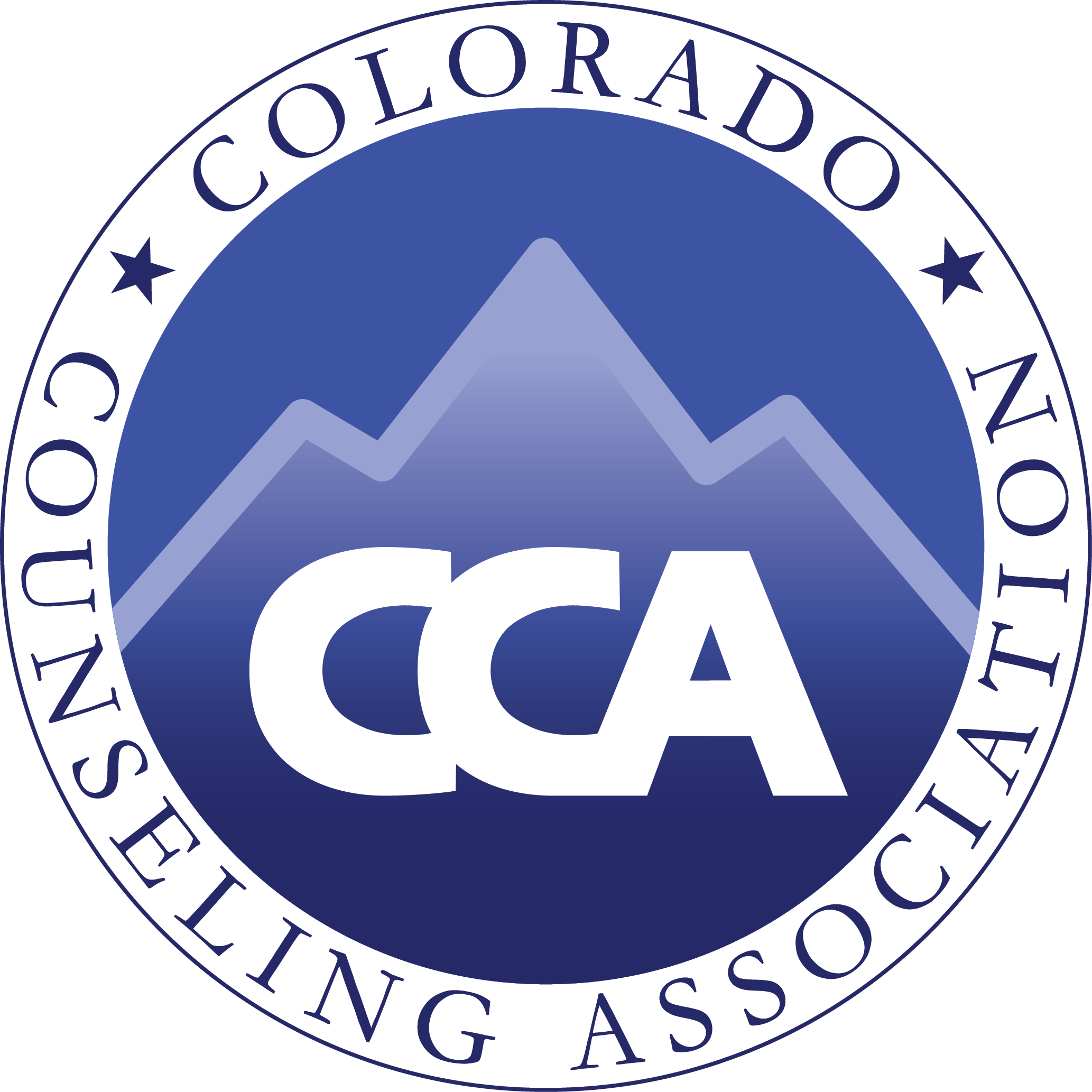Multicultural Competency Resources
Ted Talk: How to deconstruct racism, one headline at a time. Baratunde Thurston explores the phenomenon of white Americans calling the police on black Americans who have committed the crimes of ... eating, walking or generally "living while black." In this profound, thought-provoking and often hilarious talk, he reveals the power of language to change stories of trauma into stories of healing -- while challenging us all to level up.
National Institute for the Clinical Application of Behavioral Medicine: Moving from Cultural Competence to Antiracism, Dr. Thema Bryant-Davis, Phd. We’ve all heard about cultural competence in clinical practice. And while it’s important, it’s also not enough.
American Counseling Association: Resources for Multicultural Competency
- The authors of this article present a framework of radical healing to help people of color and Indigenous individuals heal from racial trauma.
French, B. H., Lewis, J. A., Mosley, D. V., Adames, H. Y., Chavez-Dueñas, N. Y., Chen, G. A., & Neville, H. A. (2020). Toward a psychological framework of radical healing in communities of color. The Counseling Psychologist, 48(1), 14–46. https://doi.org/10.1177/0011000019843506 - This article presents guidelines for clinical intervention in cases of racial trauma and discusses the role of the supervisor, both as it relates to treatment and the process of supervision.
Pieterse, A. L. (2018). Attending to racial trauma in clinical supervision: Enhancing client and supervisee outcomes. The Clinical Supervisor, 37(1), 204–220. https://doi.org/10.1080/07325223.2018.1443304 - The Journal of Counseling & Development investigates the extent to which perceived everyday discrimination (PED) is associated with depressive symptoms and suggests treatment strategies for individuals who experience PED.
Hayes, L., Pössel, P., & Roane, S. J. (2019). Perceived everyday discrimination and depressive symptoms: Does cognitive style mediate? Journal of Counseling & Development, 97(4), 427–436.
https://doi.org/10.1002/jcad.12291 - Race talk and facilitating difficult racial dialogues: The inability to talk about race and racial issues can be a major hindrance to multicultural counseling.
- Facing the realities of racism: As the United States grapples with the ugly truth of race-related fears, tensions and biases, counselors are being called on to reexamine their roles and responsibilities in addressing the issues.
- A Phenomenological Inquiry Into Counselor of Color Broaching Experiences: This article explores the lived experiences of eight professional counselors of color regarding their broaching behaviors (i.e., their acknowledgement of racial and cultural factors). It introduces four themes as well as implications for counselor practice and training.
- Identifying and Treating Race-Based Trauma in Counseling: This article discusses how counselors can identify and treat race-based trauma. It also highlights the racial disparities in health care.
10 Actions you can take to promote racial justice in the workplace. Dana Brownlee, Forbes Magazine.
Racial and Ethnic Socialization (RES): Racism, racial bias and racial discrimination affect children, yielding disparities in educational experiences, discipline, developmental outcomes and overall health and well-being. Many parents wonder what to do in order to help their children to process negative experiences and to develop strong identities and resilience despite these experiences.
RES is a process through which parents influence “children's racial identity and self-concept, beliefs about the way the world works, and repertoire of strategies and skills for coping with and navigating racism and inter- and intra-racial relationships and interactions.” (From Resilience in African-American Children and Adolescents: A Vision for Optimal Development.)
Facebook group, Be the Bridge. "Be the Bridge" to Racial Healing is a non-profit organization and a community of people who share a common goal of creating healthy dialogue about race and racialization in the U.S., with an emphasis on promoting understanding about racial disparities and injustices. The purpose of this forum is to create a safe and positive space for both learners and well-seasoned reconcilers. Our intent is to equip one another to become interracial bridge builders, or ambassadors of racial reconciliation, within our respective communities. The ultimate desire is for the church to become credible witnesses to true biblical oneness.
American Psychological Association: How psychologists can be more culturally competent.
Mental Health America: How To Be An Ally in The Fight Against Racial Injustice and For Better Mental Health For All, by Whitney Ball.
